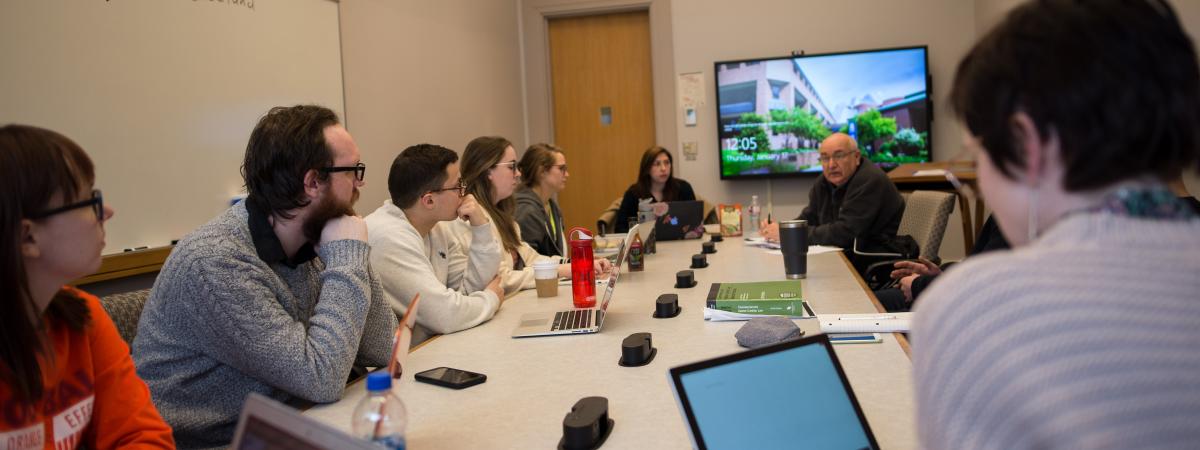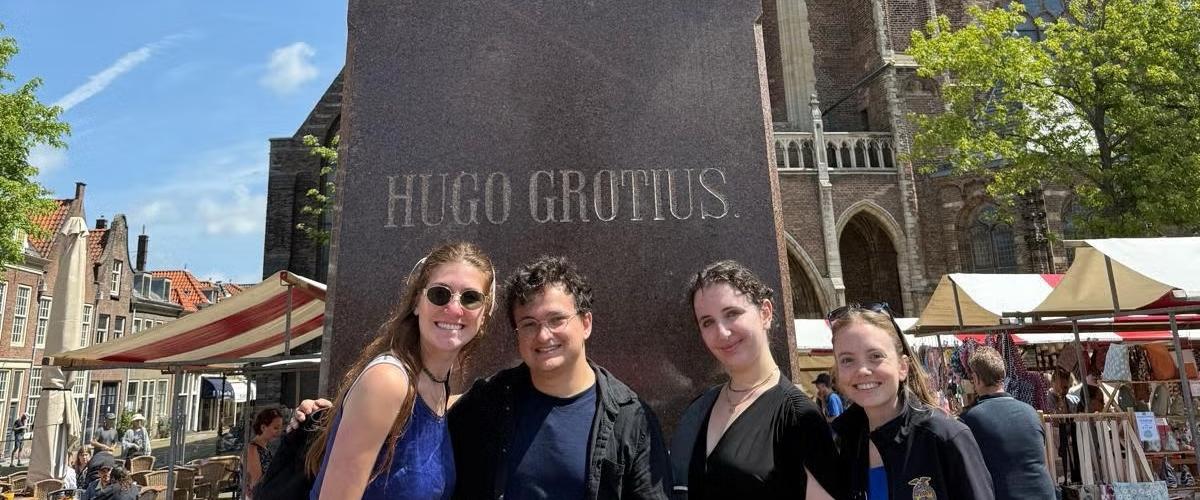In January, the Yemen Accountability Project (YAP), a student-led initiative affiliated with the Global Accountability Network and hosted at Case Western Reserve University School of Law, published its third white paper, "Cultural Property: Building the Case for Prosecuting the Destruction of Cultural Property in Yemen." The paper identifies over 200 attacks on Yemen's cultural heritage sites that occurred between 2015 and 2019 and provides a legal framework for prosecuting perpetrators of these attacks under applicable conventions and international humanitarian law.
This publication draws upon five years of research and analysis from YAP's members, who published the project's first two white papers in 2020 and 2021, “Aiding and Abetting: Holding States, Corporations, and Individuals Accountable for War Crimes in Yemen” and "Starvation: Building the Case for Prosecuting Starvation Crimes in Yemen."
YAP was established at Case Western Reserve University School of Law in 2018 with support from the John F. and Mary A. Geisse Foundation. It began as a cooperative effort between legal scholars, non-governmental organizations, students, and other interested parties. The project’s members investigate and analyze open-source materials covering the Yemen Civil War with a goal of facilitating the eventual prosecution of war crimes and crimes against humanity. James C. Johnson, YAP’s project advisor, is an adjunct professor of law and director of the Henry T. King War Crimes Research Office at Case Western Reserve University School of Law. In addition, Professor Johnson serves as chief prosecutor of the Residual Special Court for Sierra Leone.





